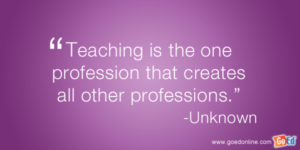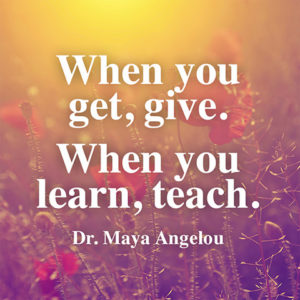Marie Kondo is all the rage when it comes to de-cluttering, but her advice to cull your books by only keeping the ones that “bring you joy” reveals that she doesn’t understand all the different meanings that books can have for their owners.
I’ve kept books that I read years ago in college not just because I might re-read them, but because they remind me of classes, teachers, and even fellow students. They’re part of my history. Some of them helped inspire me to become a writer.
Other books relate to my professional life. I have a whole book case of review copies of books I reviewed for The Detroit Free Press, The Washington Post, and other newspapers as well as on various public radio shows. I might re-read some. I might not. What matters is that those seven packed shelves, carefully alphabetized, are a window opening to my life as a reviewer. They remind me of the editors I worked with, the deadlines I met, and the way I learned to write and revise with tight deadlines.
Then there are the books in my den which track my reading interests over the years: The Tudors, Shakespeare, Ancient Rome, The Middle East. Few of them spark joy, but they leave me with a sense of contentment and there’s always a chance I might re-read one or more. They’re certainly useful resources if I need them for some project. They, too, are part of my history. Likewise, as a writer of memoir, I’m not planning on emptying my revolving bookcase of memoirs because I may want to consult them at some point, and many of them inspired me in my own memoir writing. There presence is encouraging, supportive, invaluable.
The several thousand books in my study are more varied and go deeper: biographies; Judaica; drama; poetry; American fiction, British Fiction, French, German, and Russian fiction; books about France and the French language; Psychology; The Gilded Age. And then there are twelves shelves of books by and about Henry James and Edith Wharton, two of my favorite authors.
I also have multiple copies of a number of novels because I wrote notes in my books and when I want to re-read one that’s heavily annotated, I start over. Likewise, there are books that contain notes I made about a book or story I was working on while reading them. Get rid of them? That’s almost as silly as her advice to tear out the pages that give you joy and pitch the rest.
That’s not de-cluttering, that’s vandalism.
Lev Raphael is the author of 26 books in genres from memoir to mystery. His forthcoming academic mystery is State University of Murder. He teaches creative writing workshops online at writewithoutborders.com.






![[cover]](http://www.levraphael.com/images/cover_mygermany_152.jpg)